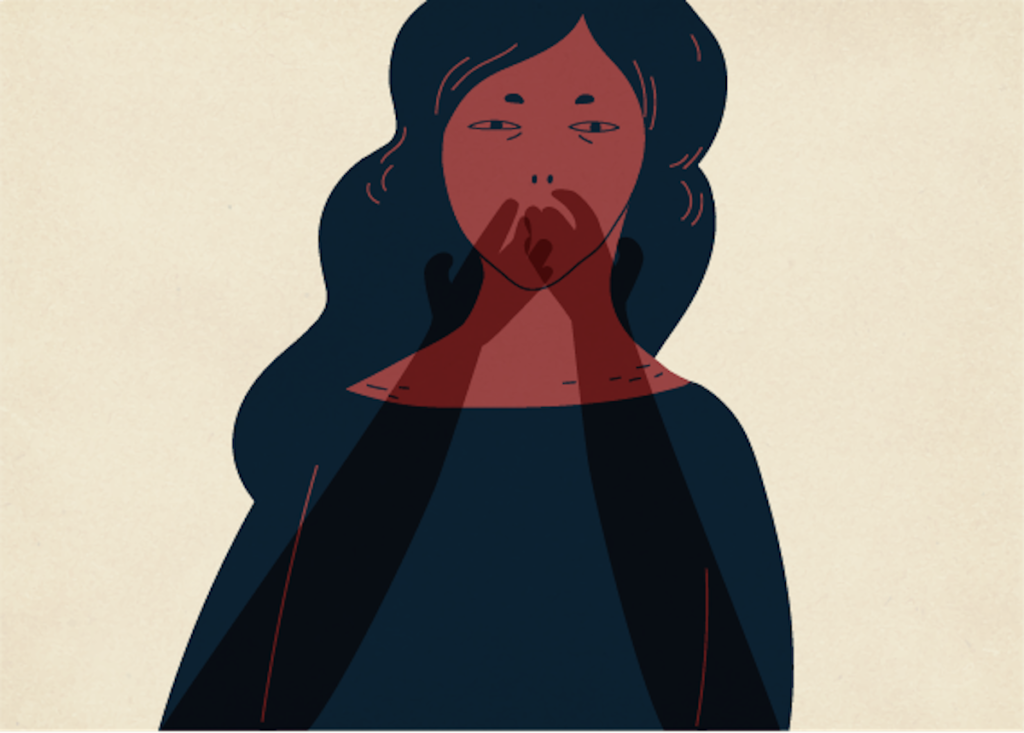By: Allison O’Brien 
Opposition education critic Steven Myers wants to know why publicly funded Island post-secondary institutions don’t have to make their annual sexual violence reports publicly accessible.
The question came up last night while PEI’s Legislative Assembly considered the proposed Bill 41: Post-secondary Institutions Sexual Violence Policies Act, a bill that will mandate Island post-secondary institutions to have appropriate policies in place to handle sexual violence.
The proposed bill stated that Island post-secondary institutions would have to report to the governing body of their institution each year in regards to the number of incidents and complaints of sexual violence reported by students.
“Who’s seeing the report?” asked Myers.
Executive Director of Post-Secondary Education and Strategic Policy Anne Partridge explained that the report will go to the applicable board of governors of the institution.
“So for example, the University of Prince Edward Island does have a Board of Governors, so it would go to that governing body.”
Myers asked why there is no provision to make the report public since the three institutions in question, the University of Prince Edward Island, Holland College, and Collège de l’ÃŽle, are publicly funded.
Partridge said there was concern with releasing potentially identifying information, which is exacerbated by living on a small province.
Myers said a public report would allow the public to hold post-secondary institutions accountable.
“There should be some public report so that people, if there’s a lot of them [sexual violence cases], people should be outraged, they should be demanding that there are changes.”
Family Violence Prevention & Community Development Coordinator Wendy Verhoek-Oftedahl explained that survivors have access to on-campus and off-campus supports and services, therefore a report of the use of services at UPEI isn’t a true reflection of progress.
“It’s partly the choice of the student in terms of the types of accommodations or other services they choose to access, and whether or not they choose to access them on the campus or off.”
Myers continued saying a public report would open up the conversation about campus sexual violence.
“If we’re going to properly address them [sexual violence], we need to have open conversations about them, and we can’t be scared to say this stuff is happening and it needs to be fixed,” Myers said.
Verhoek-Oftedahl said that an increase or decrease in cases isn’t necessarily reflective of progress.
“We know that, according to Statistics Canada, only about one in ten sexual assaults are reported, so if we have an increase in the number of persons coming forward, it’s very difficult to tell whether that would be  an increase or a decrease.”
Myers concluded that making reports like this one more public sends a message of support to survivors.
“If we can make it more normal to report these things, then we help.”